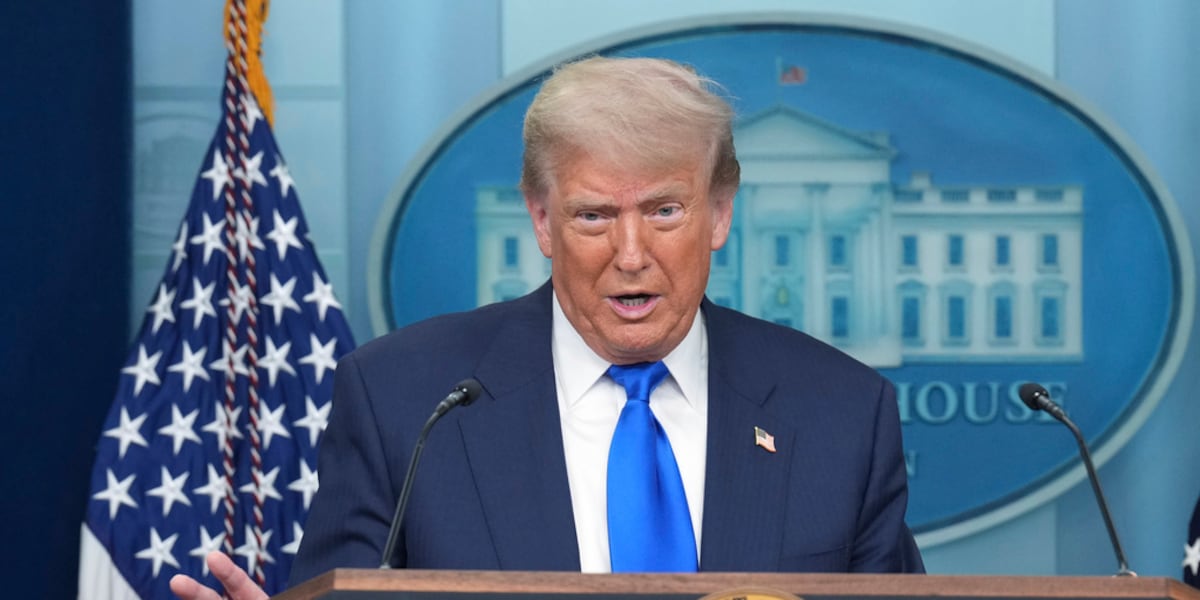Trump Halts US-Canada Trade Talks, Citing Tech Tax as 'Attack'

In a surprising move that threatens ongoing economic cooperation, U.S. President Donald Trump announced Friday the suspension of trade negotiations with Canada. The abrupt decision stems from Canada's insistence on implementing a new tax on technology firms, which Trump has characterized as a “direct and blatant attack” on the United States.
The Canadian tax, designed to ensure that large multinational corporations, particularly those in the technology sector, pay their fair share of taxes within the country, has been a point of contention between the two nations for some time. Canada argues that these companies often shift profits to lower-tax jurisdictions, avoiding significant contributions to its economy. The tax aims to level the playing field and generate revenue for public services.
“We’re suspending the trade talks,” Trump stated. “Canada is imposing a tax on our technology companies, which is unacceptable. It’s a direct attack on our country, and we won’t tolerate it.” While the specifics of the trade negotiations remain confidential, sources indicate discussions had been progressing on issues like agricultural trade and regulatory harmonization.
The move has sparked immediate reaction from Canadian officials. Canadian Prime Minister Justin Trudeau expressed disappointment with Trump’s decision, stating that Canada is committed to a fair and competitive tax system and believes the digital services tax is a reasonable measure. He also emphasized the importance of continued dialogue and finding a resolution that benefits both countries.
Economic Implications: The suspension of trade talks could have significant economic ramifications for both the U.S. and Canada. The U.S. and Canada are major trading partners, and a breakdown in negotiations could lead to increased tariffs, trade barriers, and disruptions to supply chains. Businesses on both sides of the border face uncertainty and potential costs as a result of the escalating tensions.
The Tech Tax Debate: The broader debate surrounding digital services taxes is not limited to the U.S. and Canada. Several European countries have already implemented similar taxes, and others are considering doing so. The core issue is how to tax companies that operate globally and generate revenue in multiple jurisdictions, often with limited physical presence.
Potential for Resolution: Despite the current impasse, analysts believe there is still potential for a resolution. Both countries recognize the importance of a strong economic relationship, and further negotiations may be possible once tensions cool. However, the outcome will likely depend on whether the U.S. can persuade Canada to reconsider its tax policy or find a compromise that satisfies both sides.
Looking Ahead: The situation remains fluid, and the future of US-Canada trade relations is uncertain. The suspension of trade talks underscores the challenges of navigating international trade in an era of increasing protectionism and digital disruption. Observers will be closely watching developments in the coming weeks and months to see if a path forward can be found.






